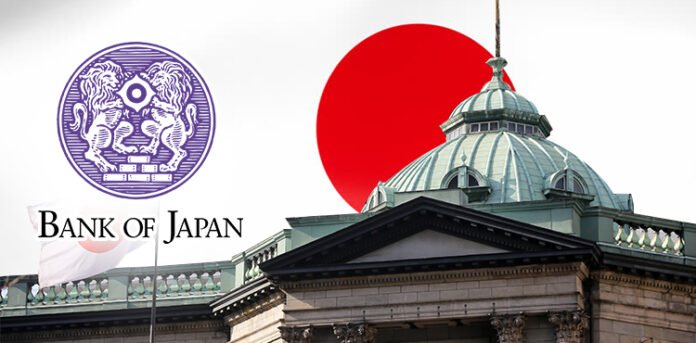Staff Reporter
The Bank of Japan is set to raise interest rates on Friday, barring any unexpected market reactions following the inauguration of U.S. President-elect Donald Trump. This move would increase short-term borrowing costs to levels not seen since the 2008 global financial crisis.
By tightening its monetary policy, the central bank aims to gradually elevate interest rates from the current 0.25% to close to 1%. Analysts believe this range would stabilize Japan’s economy without causing it to cool down or overheat.
During the two-day meeting concluding on Friday, the Bank of Japan is expected to increase its short-term policy rate to 0.5%. However, this could change if Trump’s inaugural address or executive orders significantly disrupt financial markets, according to sources familiar with the matter.
Additionally, in its quarterly outlook report, the board is anticipated to revise its price forecasts upward, reflecting growing expectations that rising wages will help Japan achieve the central bank’s 2% inflation target sustainably.
A rate hike by the Bank of Japan (BOJ) would be the first since July of last year, when a similar move, along with disappointing U.S. jobs data, sent shockwaves through global markets, leading to a steep decline in early August.
Determined to prevent a repeat of that scenario, the BOJ has been signaling its intentions clearly. Governor Kazuo Ueda and his deputy indicated last week that a rate hike was likely, which helped the yen rebound as traders began to anticipate an approximately 80% chance of an increase this Friday.
Hints of action emerged last month as well. Although the BOJ opted not to raise rates during its December 18-19 meeting, board member Naoki Tamura advocated for an increase. Minutes from that meeting revealed that other members also believed the conditions were right for an imminent hike.
With a tightening of policy this week looking almost certain, market focus is now on Ueda’s briefing after the meeting, where analysts will seek insights into the timing and pace of future rate increases.
As inflation has consistently surpassed the Bank of Japan’s (BOJ) 2% target for nearly three years, and a weak yen has kept import costs high, Governor Kazuo Ueda is expected to highlight the policymakers’ determination to continue raising interest rates.
However, caution is warranted. While the International Monetary Fund has increased its forecast for global growth in 2025, uncertainties surrounding Trump’s policies could destabilize markets and create concerns for Japan’s export-driven economy.
Domestic political challenges may also intensify. Prime Minister Shigeru Ishiba’s minority coalition may face difficulties in passing the budget through parliament and winning the upcoming upper house election scheduled for July.
The BOJ is haunted by the economic fallout from past rate hikes. After ending quantitative easing in 2006 and raising short-term rates to 0.5% in 2007, the bank faced significant political backlash for delaying the end of deflation.
In response to the global financial crisis, the BOJ cut rates from 0.5% to 0.3% in October 2008, and then to 0.1% in December, which plunged Japan into recession. Since then, various unconventional measures have kept borrowing costs near zero.
“Japan has had a persistently low growth rate, low inflation, and reduced interest rates. Policymakers, investors, and the business community are still asking—have we truly broken free from that?” said Jeffrey Young, CEO of DeepMacro.
“The BOJ will need to explain very carefully that they are raising rates to move away from the extraordinary policies they adopted.”

